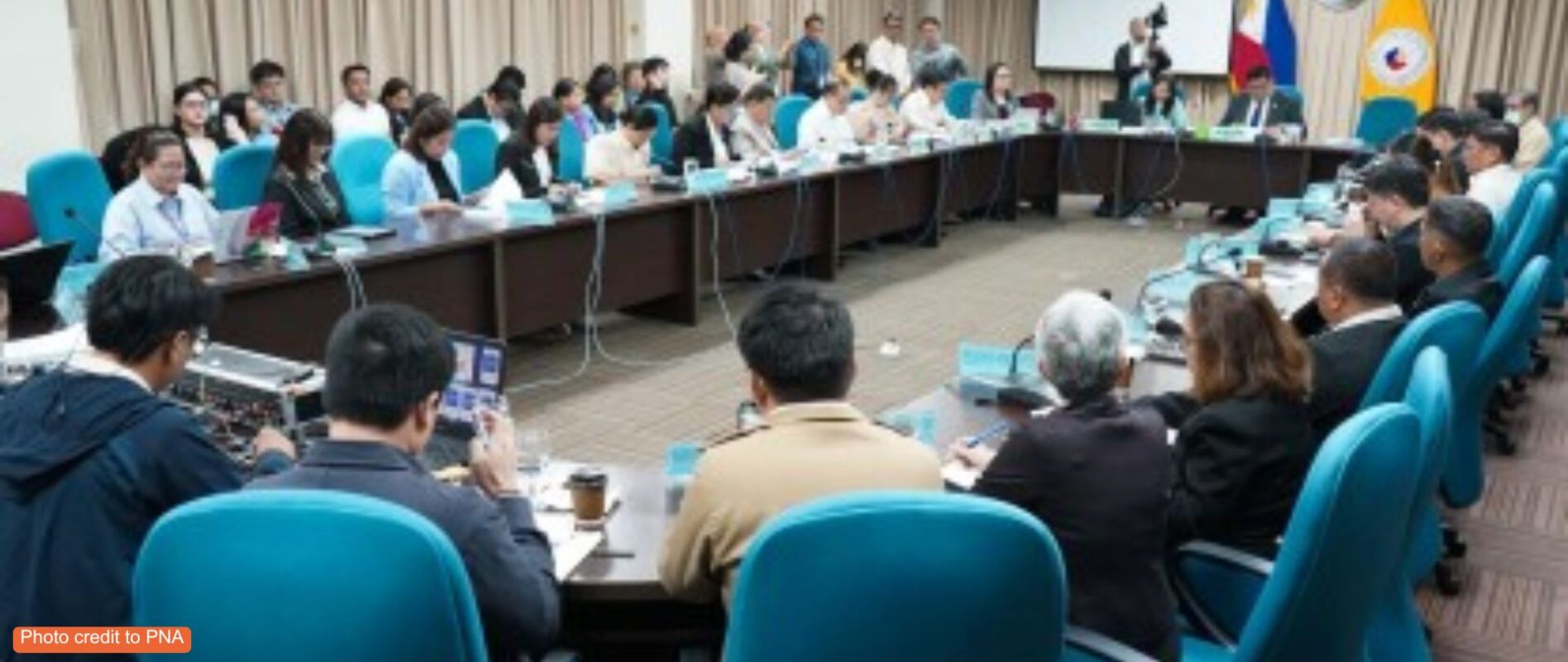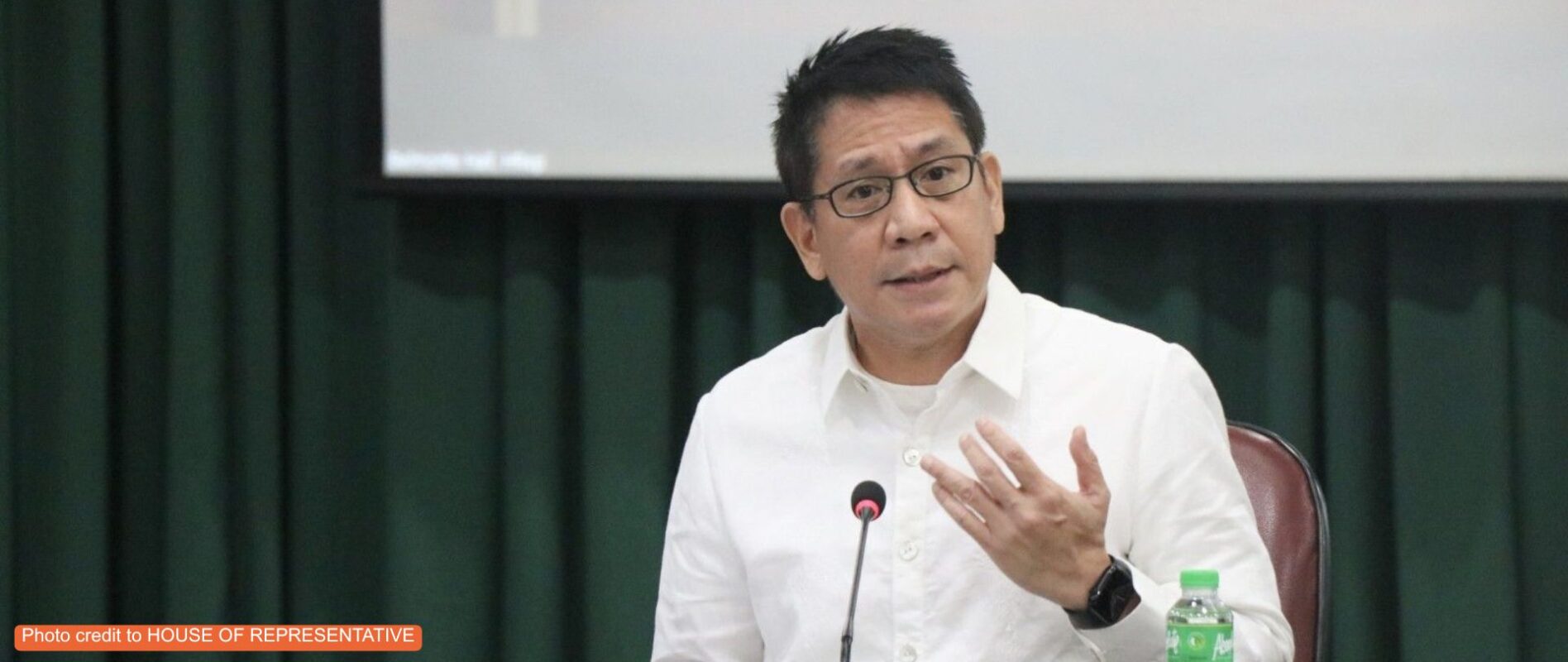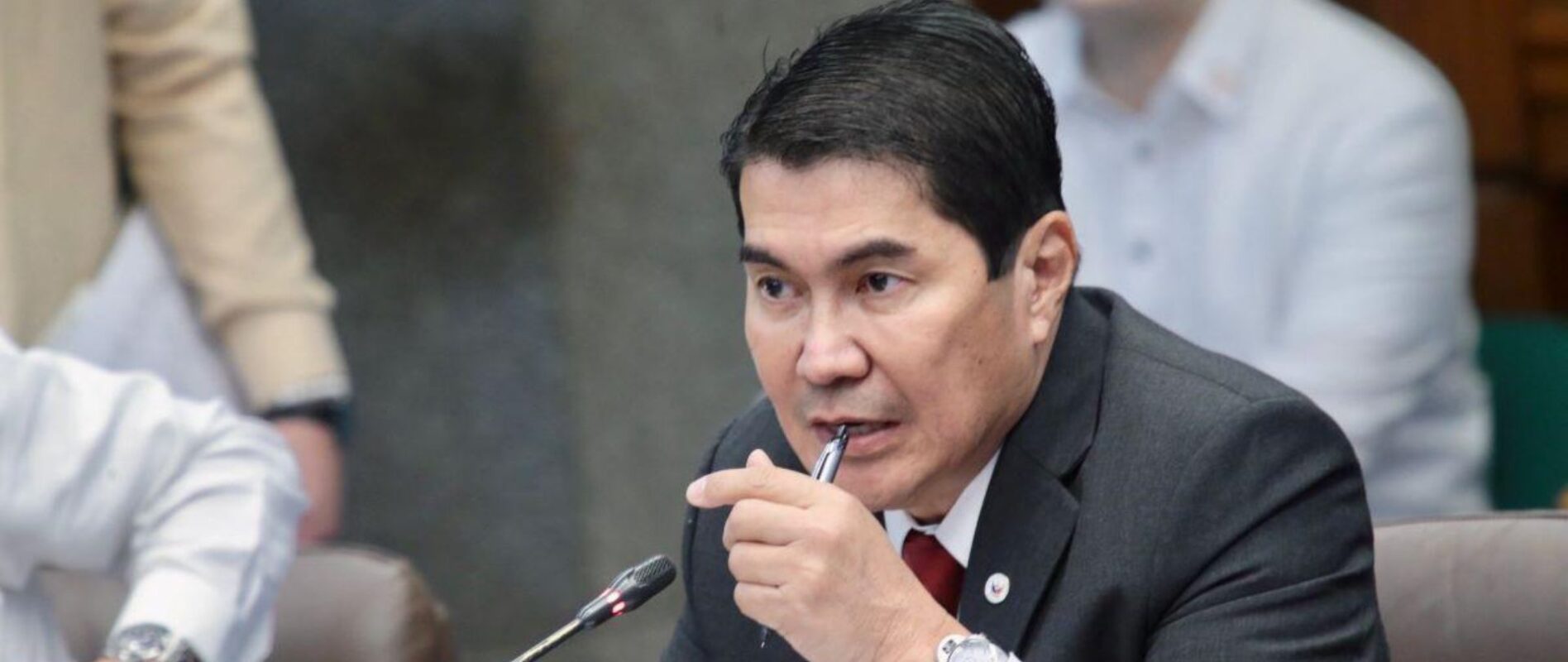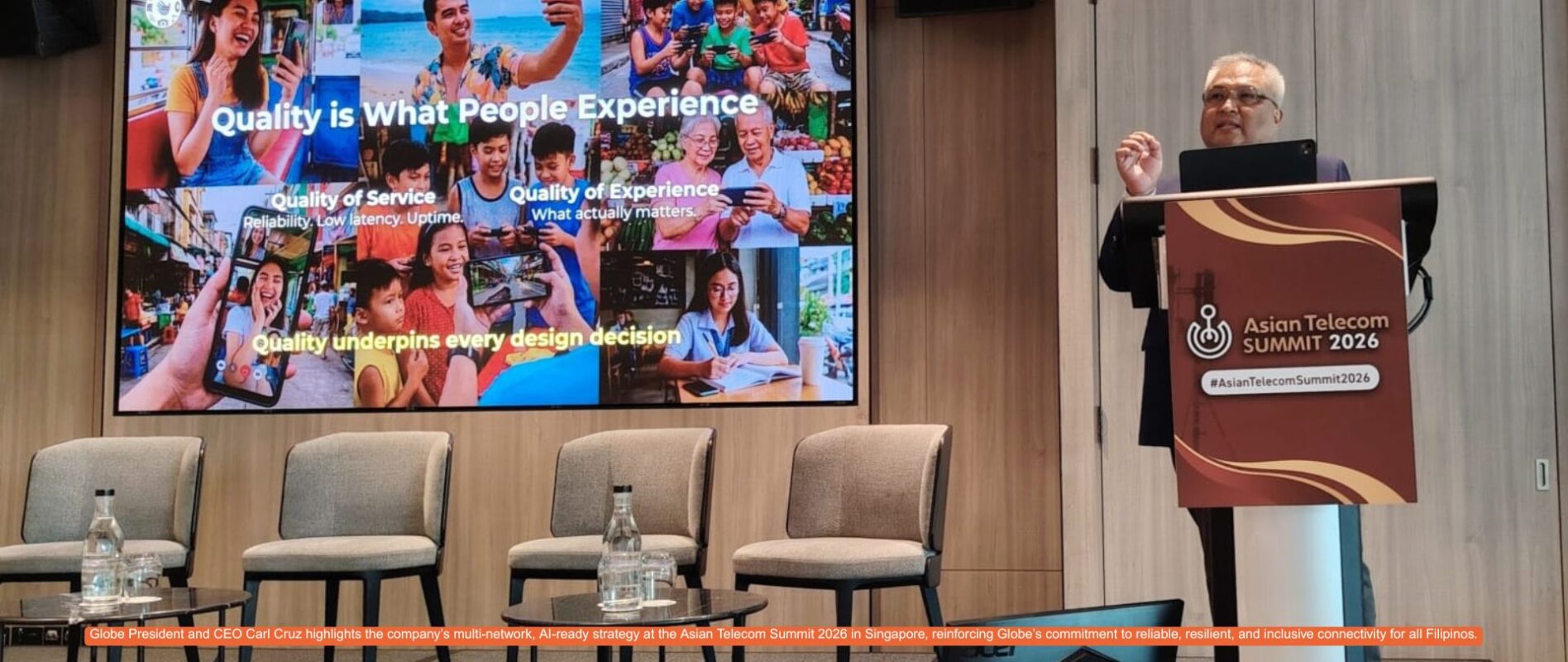LAWMAKER SAYS K-12 CURRICULUM NEEDS OVERHAUL, PUSHES FOR COMPETENCY-BASED EDUCATION SYSTEM
SENATOR Joel Villanueva has expressed support for revisiting and overhauling the country’s K-12 education system, emphasizing the need for a more practical and competency-based framework to better prepare students for employment and real-world challenges.
Villanueva acknowledged growing calls to reform the K-12 program, noting that the Philippines remains one of the few countries still struggling with the transition.
“Almost all countries have already adopted K-12. I support the framework because it aligns with reforms I’ve long advocated for, such as the Philippine Qualifications Framework Act and the Trabaho para sa Bayan Act, both of which I authored,” he said.
The senator stressed the importance of reviewing not only the K-12 curriculum but also the structure and content of higher education.
He is studying the feasibility of a three-year college program, which he believes could work under a competency-based approach.
“My vision for education has always been a ‘supermarket of competencies’ — where students can pick subjects and skills they need, like items off a shelf, and be assessed based on what they’ve truly learned,” Villanueva explained. “If students complete the required competencies, they should be able to finish college in three years.”
As former TESDA Director General, Villanueva also recalled his earlier proposal to transform senior high school into a junior college. That plan was not adopted, and Grades 11 and 12 remained part of secondary education, often lacking strong links to industry or higher-level technical skills.
He raised concerns about the employability of senior high school graduates, particularly those in technical-vocational tracks.
“In many municipalities, especially in remote areas, schools lack the equipment, teachers, and facilities to teach specialized fields like robotics or animation,” he noted.
Villanueva pointed out that even TESDA has admitted to a shortage of qualified assessors, hampering certification and employability for students completing technical programs.
“For years, we’ve pushed for the production of more assessors. Without them, students can’t be properly certified, and the system fails,” he added.
As part of the Second Congressional Commission on Education, Villanueva vowed to continue advocating reforms that align with industry needs, ensuring students graduate with real, measurable skills.
“The goal is not just education for education’s sake. It must lead to employment, entrepreneurship, and lifelong learning,” he concluded.














